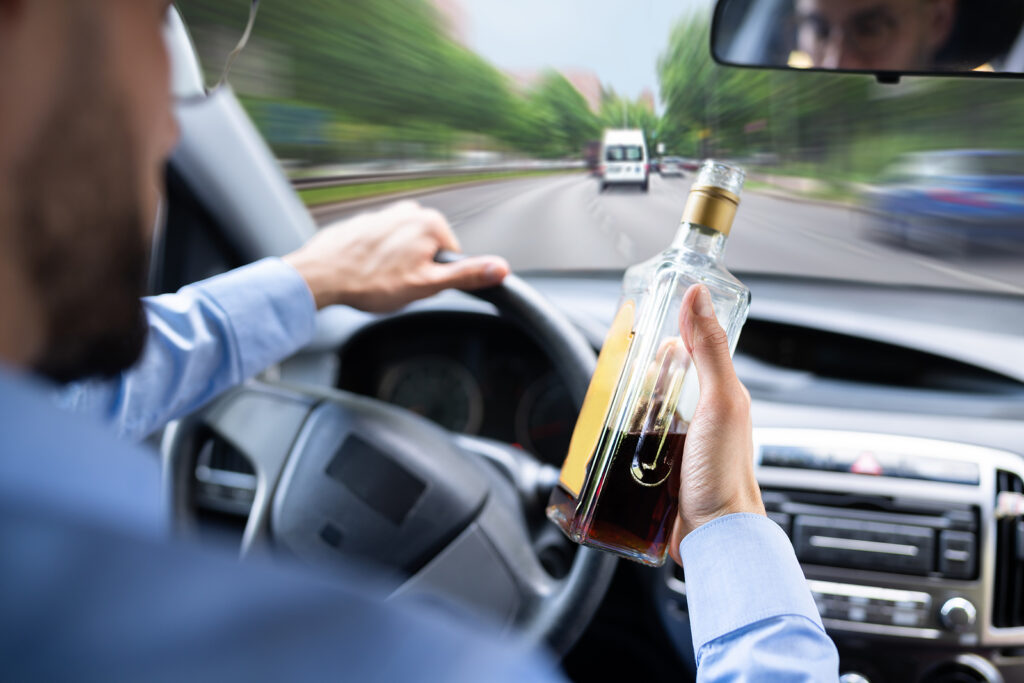Introduction:
License suspensions are a significant consequence of driving under the influence (DUI) incidents in Massachusetts. However, there are distinct differences between an implied consent license suspension and a license suspension resulting from a DUI conviction. In this blog, we’ll delve into the nuances of these two types of suspensions, explaining what they entail and how they differ in the context of Massachusetts law.
Implied Consent License Suspension:
1. Definition and Basis:
Implied consent refers to the legal principle that by obtaining a driver’s license and operating a vehicle on public roads in Massachusetts, you implicitly agree to comply with certain requirements, including submitting to chemical tests (breath, blood, or urine) to determine your blood alcohol concentration (BAC) if lawfully arrested for suspected DUI. Refusing to submit to these tests or failing these tests triggers an implied consent license suspension. Keep in mind, that this type of suspension has nothing to do with innocence or guilt. It is triggered by your refusal or failure of a chemical tests, such as a breath or blood test.
2. Consequences of Refusal:
In Massachusetts, if you refuse to take a chemical test during a DUI arrest, your driver’s license will be automatically suspended for a period of 180 days for a first offense. Subsequent refusals within a 6-year period lead to longer suspension periods and potential ignition interlock device requirements.
3. Consequences of Failure:
If you do complete a chemical test, like a breathalyzer or blood test, and the result is a 0.08% BAC or above, your license will be suspended for failing the test. This will result in a license suspension as well, but for a shorter period of time. For example, failure of a chemical test for a 1st Offense DUI is up to 30 days.
4. Challenging the Suspension:
You have the right to request an administrative hearing to challenge an implied consent suspension within 15 days of receiving notice. The hearing allows you to contest the suspension, but success is contingent on various factors and evidence presented.
License Suspension for DUI Conviction:
1. Conviction-Based Suspension:
A license suspension resulting from a DUI conviction occurs after a court finds you guilty or accepts a plea with an admission to sufficient facts for driving under the influence. It is a separate consequence from any implied consent suspension you might have faced.
2. Suspension Period:
The length of the suspension for a DUI conviction varies based on factors such as the number of prior DUI convictions, the level of your BAC at the time of arrest, and whether any aggravating circumstances were involved.
3. Possible Alternatives:
In certain cases, you might be eligible for a hardship or work-related license during your suspension period. This would allow you limited driving privileges for specific purposes, such as commuting to work.
4. Completing Required Programs:
As a condition for hardship license reinstatement after a DUI conviction, you may be required to complete an alcohol education program and provide proof of completion.
Key Differences and Takeaways:
– Basis:
Implied consent suspension is triggered by refusing a chemical test, while a suspension for DUI conviction follows a court finding that you committed the crime.
– Timing:
Implied consent suspensions are administrative and can occur prior to any court proceedings. License suspensions resulting from DUI convictions are determined by the court during sentencing.
– Length of Suspension:
Implied consent suspensions have fixed time frames, while suspension periods for DUI convictions are influenced by multiple factors.
– Challenges:
Implied consent suspensions can be challenged through administrative hearings, whereas challenges to license suspensions resulting from DUI convictions typically focus on appealing the conviction itself.
Conclusion:
Understanding the differences between implied consent license suspensions and license suspensions resulting from DUI convictions is crucial for anyone facing DUI-related legal consequences in Massachusetts. These distinctions have significant implications for your driving privileges and the strategies you might employ to mitigate the consequences. Consulting with an experienced attorney can provide essential guidance tailored to your unique situation, helping you make informed decisions and navigate the legal process effectively. If you have any questions and would like to speak with one of our lawyers, please call or text us at (617) 227-8383.






